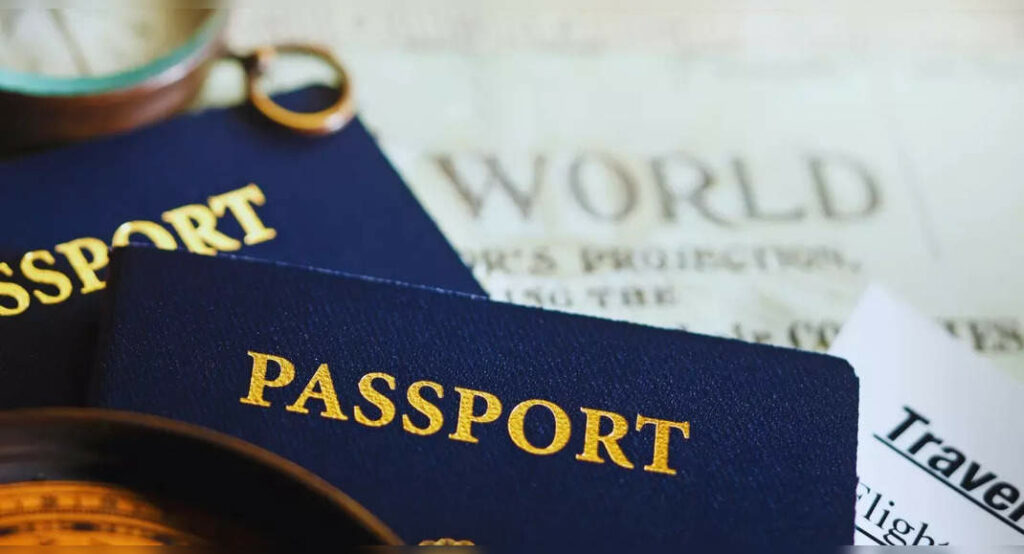The Central Bureau of Investigation (CBI) recently undertook a substantial crackdown targeting illicit activities within Mumbai’s Regional Passport Offices and Passport Seva Kendras. This operation uncovered a pervasive network of collusion between touts and officials, prompting the CBI to file 12 First Information Reports (FIRs) against a total of 32 individuals. Among those implicated are 14 passport office officials and 18 facilitation agents.
The investigation extended across 35 locations in Mumbai and Nashik. Recovered materials included incriminating documents and digital evidence, illustrating the depth of the illicit practices.
Passport scams manifest in various forms, each posing significant challenges to the integrity of the passport issuance process. These fraudulent activities often exploit vulnerabilities in document verification and authentication procedures. Here’s a breakdown of how such scams typically unfold:
Most expensive countries in the world
FacebookTwitterPintrest
Fake documents: Scammers employ a variety of deceptive tactics to obtain passports using counterfeit IDs, forged birth certificates, or other falsified documents that fabricate fictitious identities. By exploiting vulnerabilities in document verification processes, these individuals exploit loopholes to secure official travel documents under false pretense.
Bribery and corruption: Corrupt officials may willingly accept monetary bribes to subvert and expedite the standard verification procedures that govern passport issuance. By doing so, they enable the issuance of passports under dubious circumstances, disregarding legal and procedural safeguards put in place to ensure the authenticity and integrity of travel documents. This misconduct compromises national security and public trust.
Identity theft: Criminals resort to sophisticated tactics involving identity theft, where they unlawfully obtain personal information to fraudulently apply for passports under another individual’s identity. By exploiting stolen personal data, these perpetrators manipulate passport application processes to deceive authorities, perpetuating identity fraud on a significant scale.
Also read: Most energy efficient countries in the world
Forged passports: Sophisticated forgeries of authentic passports represent illicit activities on the black market, where counterfeit travel documents are meticulously crafted and clandestinely traded. These forged passports enable individuals to engage in illegal travel and gain entry into countries under false pretenses, evading border controls and immigration scrutiny. This underground trade not only facilitates unauthorised migration but also poses serious security risks by allowing criminals, terrorists, and other undesirables to exploit vulnerabilities in international travel systems.
Also read: Change in visa rules in Australia – how will it impact Indians
Overstaying and alterations: Individuals engage in illicit activities by illegally altering or tampering with existing passports to manipulate their validity period or falsify personal information. These deceptive practices allow them to evade legal restrictions and controls imposed by immigration authorities and passport issuance agencies. Such misconduct not only poses risks to border security but also undermines trust in the authenticity of passports as reliable identifiers of lawful travel.
>>> Read full article>>>
Copyright for syndicated content belongs to the linked Source : Time Of India Travel – https://timesofindia.indiatimes.com/travel/travel-news/cbi-raids-on-passport-offices-how-do-passport-scams-happen/articleshow/111383370.cms
